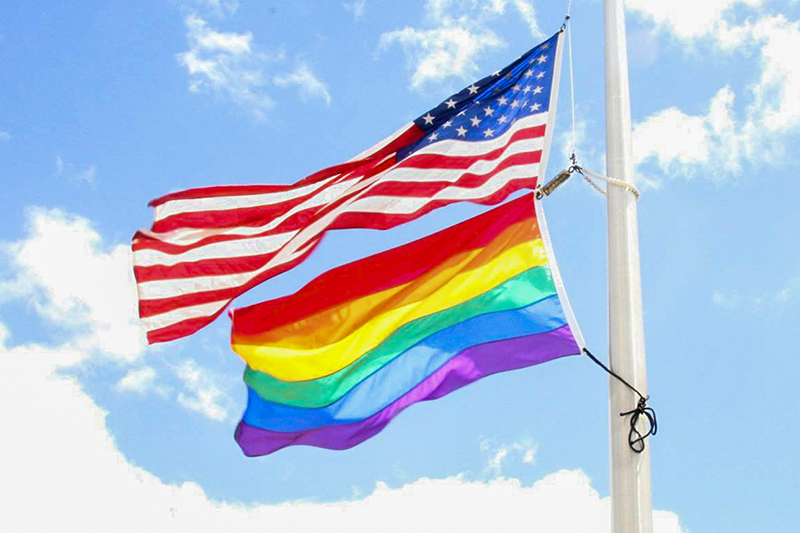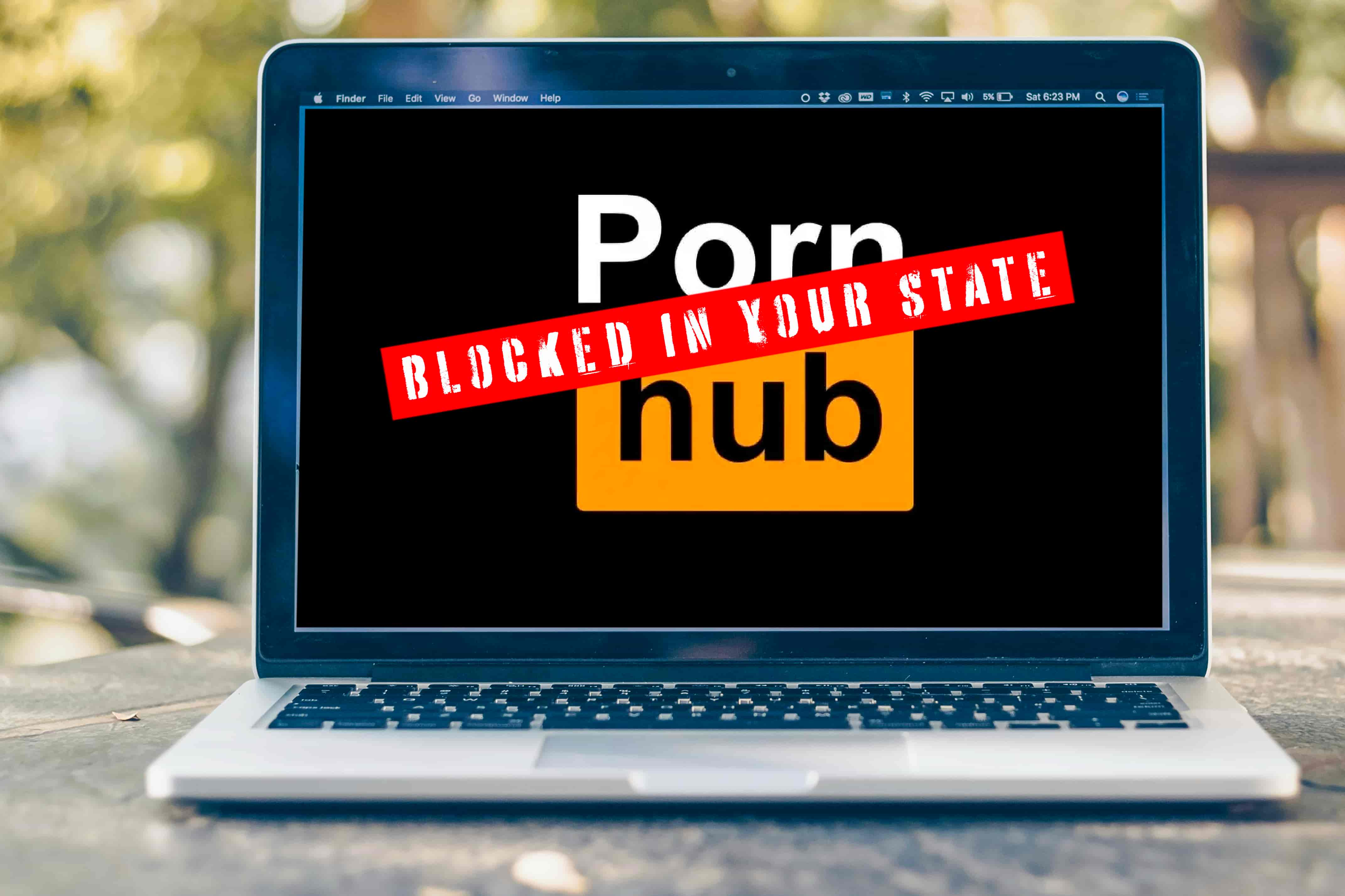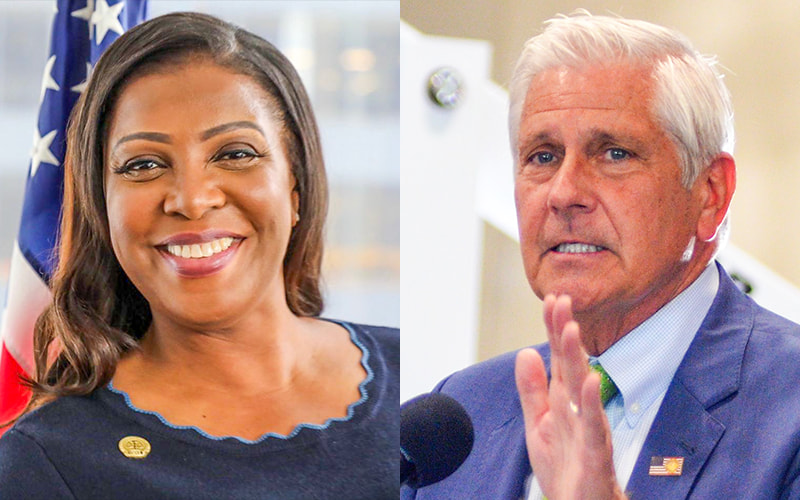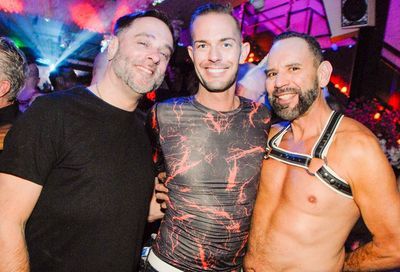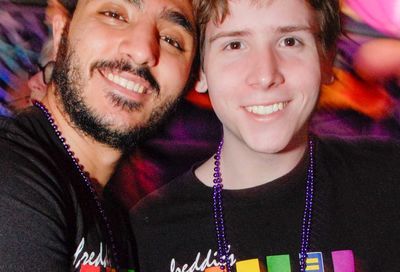Minnesota governor signs executive order banning conversion therapy
Gov. Tim Walz issued the order after the Republican-controlled State Senate refused to debate a bill banning sexual orientation change efforts.

Minnesota Gov. Tim Walz (D) has circumvented the state legislature and signed an executive order banning the practice of conversion therapy on minors.
Walz, joined by Lt. Gov. Peggy Flanagan, signed the order at a news conference on Thursday morning, in defiance of the Republican-led State Senate’s refusal to take up a bill banning attempts to forcibly change people’s sexual orientation or gender identity.
Advocates have been trying to ban conversion therapy in the state for the past 14 years, but Minneapolis became the first city to enact a ban on conversion therapy in November 2019. Seven other cities in the state — Duluth, Red Wing, St. Paul, West St. Paul, Winona, Robbinsdale, and Bloomington — have since passed their own bans.
“Our kids deserve to grow up in a state that values them for who they are — not one that tries to change them,” Walz said in a statement. “This Executive Order aims to protect young and vulnerable Minnesotans from the cruel and discredited practice of conversion therapy and affirms that the LGBTQ+ community is an integral part of One Minnesota. This is not the end of our work to see this practice become a thing of the past. We will continue to fight for love over hate every single day.”
“No one should ever be told that they need to change who they are to be deserving of love and acceptance, especially our children,” Flanagan said in a statement. “It’s our job to make sure our LGBTQ+ relatives, friends, and neighbors known they are valued and loved members of our community. I’m tremendously grateful to the survivors who have shared their heartbreaking stories to inspire action, the advocates who never stopped pushing for this change, and the legislators who have authored and carried bills through the House and the Senate over the years. We call on our partners in the Legislature to move a comprehensive ban on conversion therapy across the finish line — but we will not wait to do what’s right.”
Under the order, the Minnesota Department of Health and Minnesota Department of Commerce will require HMOs and health plan companies to attest that they do not cover conversion therapy, and will issue guidance restricting insurance coverage for conversion therapy. Both agencies will also be allowed to take action against HMOs or health plan companies that engage in “unfair business practices” related to conversion therapy.
The order instructs the Department of Health to prepare a report on the public health impacts of conversion therapy. It prohibits the Minnesota Department of Human Services from paying for conversion therapy through state health care programs like Medicaid, and allows DHS to recoup money spent by consumers on conversion therapy services. The order also allows the Minnesota Department of Human Rights to investigate and pursue legal action against health care providers who engage in the therapy, which has been condemned as ineffective by most major medical and mental health organizations.
See more: Minnesota bill would impose criminal penalties on trans athletes
Advocates of a ban on conversion therapy argue that the practice negatively impacts LGBTQ youth, leading to higher rates of depression, anxiety, and loneliness, as well as increased suicidal ideation. According to The Trevor Project’s 2021 National Survey on LGBTQ Youth Mental Health, 13% of LGBTQ youth reported that they were subjected to conversion therapy, with 83% of those saying they underwent it as minors.
Those subjected to it were more than twice as likely to attempt suicide. A similar peer-reviewed study, published in the American Journal of Public Health, found that LGBTQ youth subjected to conversion therapy were more than twice as likely to report having attempted suicide and more than two-and-a-half times as likely to report multiple suicide attempts over the past year.
“The experiences I had there were hard, they were barbaric,” Junior Avalos, who was subjected to conversion therapy as a youth, told Minneapolis NBC affiliate KARE 11. “There was stuff I wouldn’t wish upon anyone else. One of most painful memories was to practice male mannerisms and masculine mannerisms so I had to lower my voice, I had to put my hands in certain positions in my body, and if I didn’t, if my voice got too high or my wrist went limp, I risked getting physically assaulted.”
LGBTQ advocates praised Walz’s executive order. Sam Brinton, the vice president of advocacy and government affairs for The Trevor Project, said in a statement, “Taxpayer dollars should never be spent on the dangerous and discredited practice of conversion therapy. We encourage more governors across the country to follow the North Star State and restrict this abusive practice disguised as therapy.”
The LGBTQ advocacy group Gender Justice said it was “relieved that Governor Walz has decided to take executive action to do what the Minnesota legislature still refuses to do: Protect LGBTQ+ young people from abuse aimed at changing who they are.”
“At the same time, we can’t afford to let our guard down. The same legislators who have for years blocked the conversion therapy ban are the same ones now promising to reintroduce legislation attacking transgender kids next session,” the statement read. “We will continue to work for a world where everyone can thrive, regardless of their gender identity, gender expression, or sexual orientation. Today is a step towards making that world a reality.”
Opponents of bans conversion therapy often argue that they infringe on the religious liberty of people with beliefs opposing homosexuality, particularly ministers or clergy members who work as therapists. Advocates counter that the bans only apply to instances where practitioners engage in conversion therapy in a professional capacity.
“This executive order will not end so-called ‘conversion therapy,’ since professional standards in mental health care already did that years ago. Instead, this will ban young people experiencing unwanted same-sex attraction or gender dysphoria from getting the voluntary, compassionate care they need,” John Helmberger, the CEO of the Minnesota Family Council, said in a statement. “In legislative hearings, we’ve heard the courageous testimony of many men and women who have had great, life-changing experiences with this type of counseling. At the end of the day, the Governor’s actions will hurt patients seeking to get the care they want.”
See also:
West Virginia anti-gay lawmaker under fire for graphic TikTok videos giving oral sex advice
Texas Senate passes bills barring trans athletes from sports teams matching their gender identity
Appeals court upholds Florida trans student’s right to use boys’ restroom
Support Metro Weekly’s Journalism
These are challenging times for news organizations. And yet it’s crucial we stay active and provide vital resources and information to both our local readers and the world. So won’t you please take a moment and consider supporting Metro Weekly with a membership? For as little as $5 a month, you can help ensure Metro Weekly magazine and MetroWeekly.com remain free, viable resources as we provide the best, most diverse, culturally-resonant LGBTQ coverage in both the D.C. region and around the world. Memberships come with exclusive perks and discounts, your own personal digital delivery of each week’s magazine (and an archive), access to our Member's Lounge when it launches this fall, and exclusive members-only items like Metro Weekly Membership Mugs and Tote Bags! Check out all our membership levels here and please join us today!




